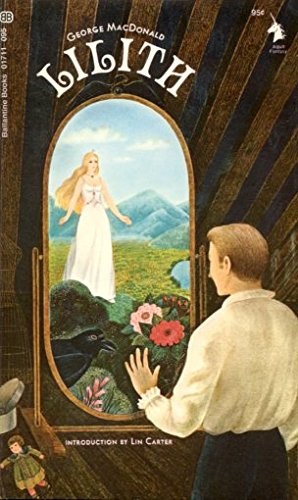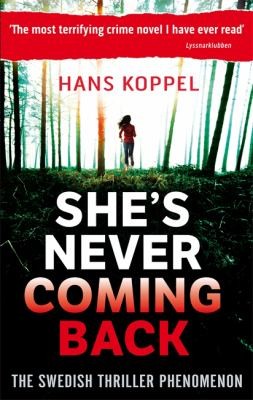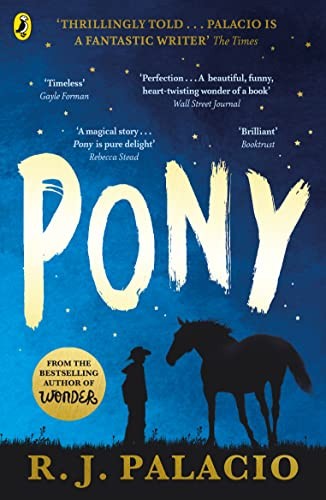[a:Tom Holland|52292|Tom Holland|https://images.gr-assets.com/authors/1223405186p2/52292.jpg]'s thesis is that the moral and ethical values of Western Civilisation have been shaped mainly by Christianity, and in this book he tries to follow and explain the process by which this happened. He covers a broad sweep of Western Christianity, sometimes illuminating particular historical events and periods as he does so.
I think it is a book that would be useful for most Christians to read; Western Christians, because it is about them and their history; Orthodox Christians living in the West, or in any society where Western values are influential, to help them to understand the society in which they live. It would also be useful for Orthodox Christians not living in the West, because the West is influential even in places where its values are not dominant. It will be useful to people living in sub-Saharan Africa and much of Asia, especially those colonised by the West, to see what Western values are based on.
For an example of the last point, Holland makes some interesting comments on how the Western concept of "religion" came to be applied outside the West. In a sense the British East India Company applied the concept of "religion" to India. This concept had been shaped by the history of Christianity in the West, especially in the Early Modern period, and it could be said that the British East India Company invented Hinduism as a religion. Holland could, however, have said a little more about how the concept had developed in the West before being applied to India. He does point out that in the premodern period "religion" referred primarily to those who had taken monastic vows or something similar, but modernity has changed this understanding. A useful book on this topic, for those who would like to know more, is ["Religion" and the Religions in the English Enlightenment] by [a:Peter Harrison|134860|Peter Harrison|https://s.gr-assets.com/assets/nophoto/user/u_50x66-632230dc9882b4352d753eedf9396530.png].
Tom Holland is not himself a Christian, as he makes clear in the last chapter, but he acknowledges that his values are based on Christian presuppositions. In general I agree with most of what he says; I might, however, differ from him over what he does not say.
He appears to give a survey of the history of Western Christianity, but there are significant lacunae. Some of the gaps seem to have things that do not support his thesis, or that might cause readers to modify it. He does not, for example, mention the Great European Witchhunt, in which large parts of Early Modern Christendom appeared to revert to pagan values with regard to witchhunts. He should have at least made some attempt to explain such a dramatic reversal in terms of his theory. For more on this, see my article on Christian Responses to Witchcraft and Sorcery.
Another gap that stood out for me came in the penultimate chapter, dealing with fairly recent events. He describes events of the annus mirabilis 1989, when authoritarian regimes collapsed in Eastern Europe and Southern Africa and a wind of freedom blew through the world.
Holland notes that both Nelson Mandela and F.W. de Klerk tended to interpret South Africa's liberation, and that of many communist countries, in 1989/90 in biblical terms, as the writing of God's finger on the affairs of state. loving enemies etc. But Western leaders tended to see it differently. As Holland puts it:
This, however, was not how it tended to be seen by policy-makers in America and Europe. They drew a different lesson. That the paradise on earth foretold by Marx turned out instead to be closer to a hell emphasised the degree to which the true fulfilment of progress was to be found elsewhere. With the rout of communism it appeared to many in the victorious West that it was their own political and social order that constituted the ultimate, the unimprovable form of government. Secularism; liberal democracy; the concept of human rights: these were fit for the whole world to embrace. The inheritance of the Enlightenment was for everyone: a possession for all of mankind. It was promoted by the West, not because it was Western, but because it was universal. The entire world could enjoy its fruits. It was no more Christian than it was Confucian, or Muslim, or Hindu. There was neither Asian nor European. Humanity was embarked as one upon a common road. The end of history had arrived (Source: Holland 2019:489)
Secularism, liberal democracy and the concept of human rights are all values which, according to Holland, the West derived from Christianity. I don't quibble with him there. But I don't think they were the values the "policy-makers in America and Europe" thought most important. Those policy-makers included people he did not name, and those who dominated in the 1980s were Margaret Thatcher and Ronald Reagan, whose chief values were enshrined in the ideology of neoliberalism, which they had been pushing for the previous eight years and more.
The Neoliberalism they pushed for very strongly, and applied in their own countries, has continued to dominate the world economic system, and may seen as a watered down version of the ideology propagated by Ayn Rand, an atheistic despiser of Christianity and its "altruism". That ideology has been influential in the West since the 1960s, and certainly was held by some people in Reagan's administration, if not by Reagan himself.
In the five years since Holland's book was published, however, events have shown that the West is rapidly abandoning any traces of Christian values that remain.
According to Holland:
That human beings have rights; that they are born equal; that they are owed sustenance and shelter and refuge from persecution:these were never self-evident truths.
The Nazis, certainly, knew as much -- which is why, in today's demonology, they retain their starring role. Communist dictators may have been no less murderous than fascist ones; but they -- because communism was an expression of concern for the oppressed masses -- rarely seem as diabolical to people today. The measure of how Christian we as a society remain is that mass murder precipitated by racism tends to be seen as vastly more abhorrent than mass murder precipitated by an ambition to usher in a classless society.
But in the five years since Dominion was published, Tom Holland's thesis has been completely overturned. The mass murder precipitated by racism in Gaza in 2023-24 has not been seen as at all abhorrent by Western governments, as can be seen by their frequent protestations of support for the perpetrators. The Western values that Holland says are based on Christianity, like human rights, and concepts like "crimes against humanity" are safely stored away in the musical banks described in [a:Samuel Butler|72703|Samuel Butler|https://images.gr-assets.com/authors/1235638432p2/72703.jpg]'s novel [b:Erewhon|516570|Erewhon (Erewhon, #1)|Samuel Butler|https://i.gr-assets.com/images/S/compressed.photo.goodreads.com/books/1175460304l/516570.
SY75.jpg|924128].













